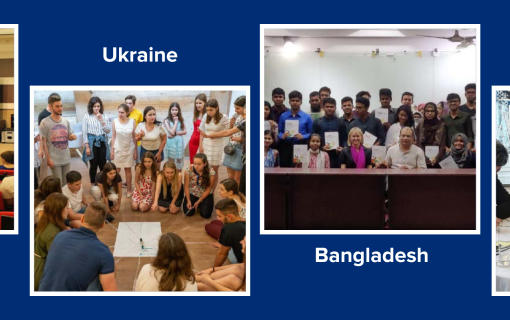Citizen Participation in Salvadoran Society with Special Emphasis on Gender: Executive Summary
INTRODUCTION
The Peace Agreements of 1992 have taken root and produced changes that have greatly strengthened democracy in EI Salvador. The elections of 1994 have been called "the elections of the century'" because they took place at the end of an era, after the civil war that consumed this country for more than ten years.
However, the Legislative and Municipal elections of March 1997 ended with concern at the lack of interest in political participation, as indicated by the low voter turnout. It is therefore important to analyze the barriers to political participation, because the involvement of ordinary citizens in day-to-day civic activities is essential to the democratic process.
Today, EI Salvador faces the challenge of consolidating its democracy. Traditionally, a free and fair electoral process has been considered a guarantee of democracy; however, elections alone are not sufficient. The challenge is to give to the people the right of participation, and the desire to participate, not only in elections but in the search for greater social, political and economic equality.
Any look at citizen participation must include both men and women. Traditionally, women have been relegated to a secondary social, political and economic role. Voter turnout in EI Salvador has been markedly lower among women than among men. The fundamental basis of a democratic system is the principle of justice and equality for all citizens.
Read the Full Report.








